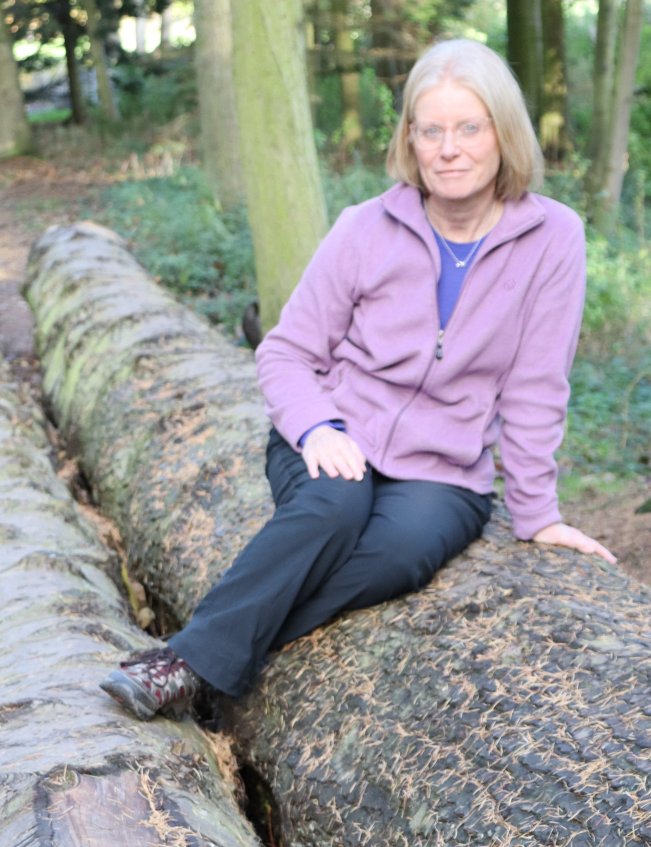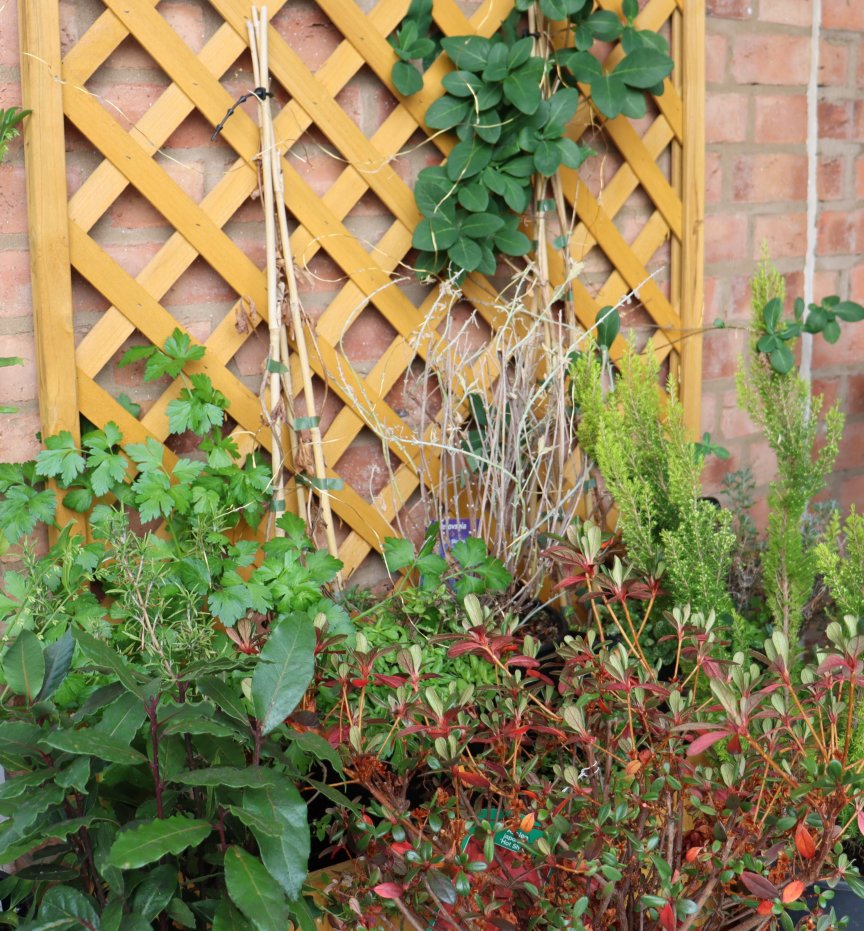AnitaDavies
I offer a Shropshire based garden maintenance service
For anyone who is unable to keep up with garden maintenance for whatever the reason, but enjoys seeing it neat and tidy. The aim is to keep gardens in tip top condition for you to enjoy. Available to contact for garden maintenance needs. No project too small.

The personal touch
I will meet with you in your garden before starting any work to establish your needs and offer any advice on what can be achieved. Gardens kept neat and tidy specific to your requirements.
For anyone who is unable to keep up with garden maintenance for whatever the reason, but enjoys seeing it neat and tidy. The aim is to keep gardens in tip top condition for you to enjoy. Available to contact for garden maintenance needs. No project too small.

Services offered
After an intial meeting, I can tailor my service to match your requirements.

Garden maintenance
I can offer one off garden tidying or regular maintenance. I am happy to attend from one hour or several hours depending on your wishes.

Lawn care
I am happy to mow grass as needed.

Small or large gardens
Small or large gardens considered.

Rates of pay for services
I work on a rate of 12 pound per hour and payment can be made in cash or bank transfer whichever is preferred.
Information
Details gathered to support different methods of gardening and materials selection.
Dig or no-dig?
As in the information from the websites below, the suggestion is that digging over beds is not the only way of keeping borders in pristine condition.
It is suggested that digging can damage soil life such as important micro-organisms, fungi and worms, that help feed plant roots. Micro-organisms are destroyed by exposure to the sun when lifted to the surface. A no-dig regime does not disrupt the soil's ecosystem and it remains intact.
Digging can bring dormant seeds to the surface and start germination. Some weeds such as bindweed can break when digging and produce root cuttings that can spread to other beds. Earth worms create a healthy crumb structure by making tiny air pockets and the absence of clods produced by digging apparently reduces cover for slugs.
A no-dig regime suggests shallow hoeing, hand weeding, using contact weedkillers and mulching. Mulches can be taken into the soil by organisms and fertilisers are washed in by the rain.
https://www.gardenersworld.com/how-to/grow-plants/no-dig-gardening-guide
https://www.gardenorganic.org.uk/no-dig-method
https://www.rhs.org.uk/advice/grow-your-own/allotments/allotment-styles/no-dig-alternatives
